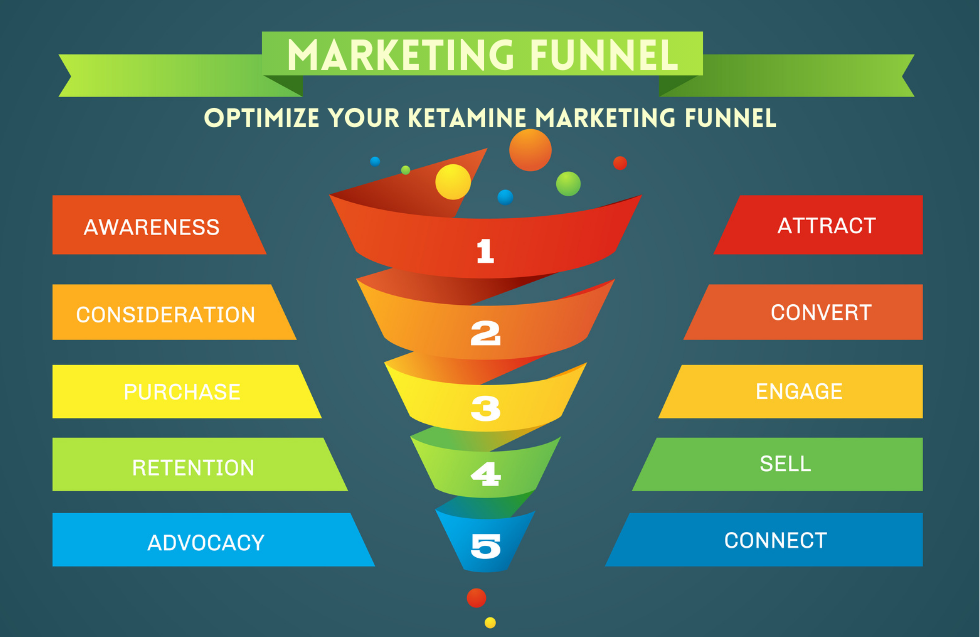In today’s digital-first world, having a strong online presence is crucial for businesses, entrepreneurs, and even individuals. At the core of this presence lies a simple yet powerful tool: your domain name. But how does domain booking work, and why is it so vital to your success? Let’s break it all down in this comprehensive guide, offering actionable insights to help you secure the perfect web address for your needs.
What is a Domain Name?
Think of a domain name as your online address. It’s the unique string of characters people type into their web browsers to find your website. For instance, in www.example.com, “example.com” is the domain name. Behind the scenes, domains map to IP addresses — complex numerical codes that computers use to identify each other on the internet. A domain name simplifies this process for users, making the internet more accessible.
How Does Domain Booking Work?
1. Understanding the Domain Name System (DNS)
The Domain Name System (DNS) is like the internet’s phonebook. When you type a domain into your browser, the DNS translates it into the corresponding IP address, directing you to the correct website. Without the DNS, navigating the web would be cumbersome.
2. Domain Registrars and ICANN
To book a domain, you’ll work with a domain registrar — an organization accredited by the Internet Corporation for Assigned Names and Numbers (ICANN). ICANN oversees the global domain system, ensuring its stability and security. Registrars act as intermediaries, allowing you to search for and register available domain names.
3. Domain Extensions (TLDs)
Every domain name ends with a domain extension or Top-Level Domain (TLD). Popular options include:
- .com: The most recognized and preferred TLD.
- .org: Often used by nonprofits and organizations.
- .net: Common for network-based businesses.
- Country-specific TLDs: Such as .uk, .ca, or .in.
- Newer TLDs: Like .tech, .blog, or .store for niche branding.
Your choice of TLD can influence your brand’s perception and SEO.
4. The Booking Process
- Search for Availability: Use a registrar’s search tool to check if your desired domain is available.
- Register Your Domain: If available, complete the registration by providing your details and making a payment.
- Domain Privacy Protection: Opt for privacy protection to shield your contact information from public WHOIS databases.
- Renew Your Domain: Domains are typically registered for 1-10 years. Ensure timely renewal to avoid losing ownership.
Why Does Domain Booking Matter?
1. Brand Identity
Your domain name is often the first impression of your brand. A memorable, relevant name fosters trust and recognition. Imagine trying to market your brand with a long or irrelevant domain — it’s an uphill battle.
2. Search Engine Optimization (SEO)
Domains can influence SEO. A domain that aligns with your business niche or includes relevant keywords can improve visibility on search engines.
3. Credibility and Trust
A professional domain name establishes credibility. Compare www.mybusiness.com to www.mybusiness.freehosting.com — which one instills more trust?
4. Future Scalability
Choosing the right domain ensures your brand can scale. A generic or flexible domain accommodates future growth and diversification.
Insider Tips for Getting Your Perfect Web Address
1. Brainstorm Smartly
Start with a brainstorming session to generate potential names. Focus on:
- Relevance to your niche.
- Simplicity and memorability.
- Avoiding numbers, hyphens, and unconventional spellings.
2. Check Trademark Issues
Before registering a domain, ensure it doesn’t infringe on any existing trademarks. A legal dispute can cost you the domain and harm your brand.
3. Act Quickly
Good domains are snapped up fast. If you find an available domain that aligns with your brand, don’t hesitate.
4. Consider Domain Auctions
If your ideal domain is already taken, explore domain auction platforms. Premium domains can be costly but worth the investment for branding.
5. Leverage Keywords
Integrating keywords in your domain can boost SEO. For example, a bakery in New York could consider nycbakery.comor bestbakesny.com.
6. Prioritize .com
While many new TLDs are gaining traction, .com remains the gold standard for credibility and recognition.
7. Secure Variations
To protect your brand, consider registering variations of your domain (e.g., different TLDs or common misspellings). Redirect them to your main site.
8. Think Long-Term
Your domain is a long-term asset. Choose one that will remain relevant and adaptable as your brand evolves.
Common Pitfalls to Avoid
1. Choosing a Complicated Name
Hard-to-spell or overly complex names can lead to typos, confusion, and lost traffic.
2. Ignoring Renewals
Failing to renew your domain on time could result in losing it to another buyer. Set reminders or opt for auto-renewal.
3. Neglecting Domain Privacy
Without privacy protection, your contact details are publicly accessible, increasing the risk of spam or phishing.
4. Underestimating SEO
A poorly chosen domain can hinder your site’s SEO efforts. Avoid irrelevant or spammy-looking names.
5. Not Planning for Expansion
Avoid hyper-specific domains that might limit future growth. For instance, bestnycpizzajoint.com may not work if you expand beyond New York.
The Future of Domains
The domain industry is constantly evolving. Here are a few trends to watch:
- Rise of New TLDs: Creative and niche-specific TLDs are gaining popularity.
- Voice Search Compatibility: Domains should be easy to articulate and remember for voice search optimization.
- Blockchain-Based Domains: Decentralized domains like .crypto offer enhanced security and ownership.
Conclusion
Your domain name is more than just an address — it’s a cornerstone of your online identity. By understanding how domain booking works, recognizing its importance, and leveraging insider tips, you can secure a web address that sets you up for success. Whether you’re building a personal brand, launching a startup, or scaling an enterprise, investing time and effort into the right domain will pay dividends in the digital age.
Act now, and claim your digital territory before someone else does. The perfect domain is waiting for you!













